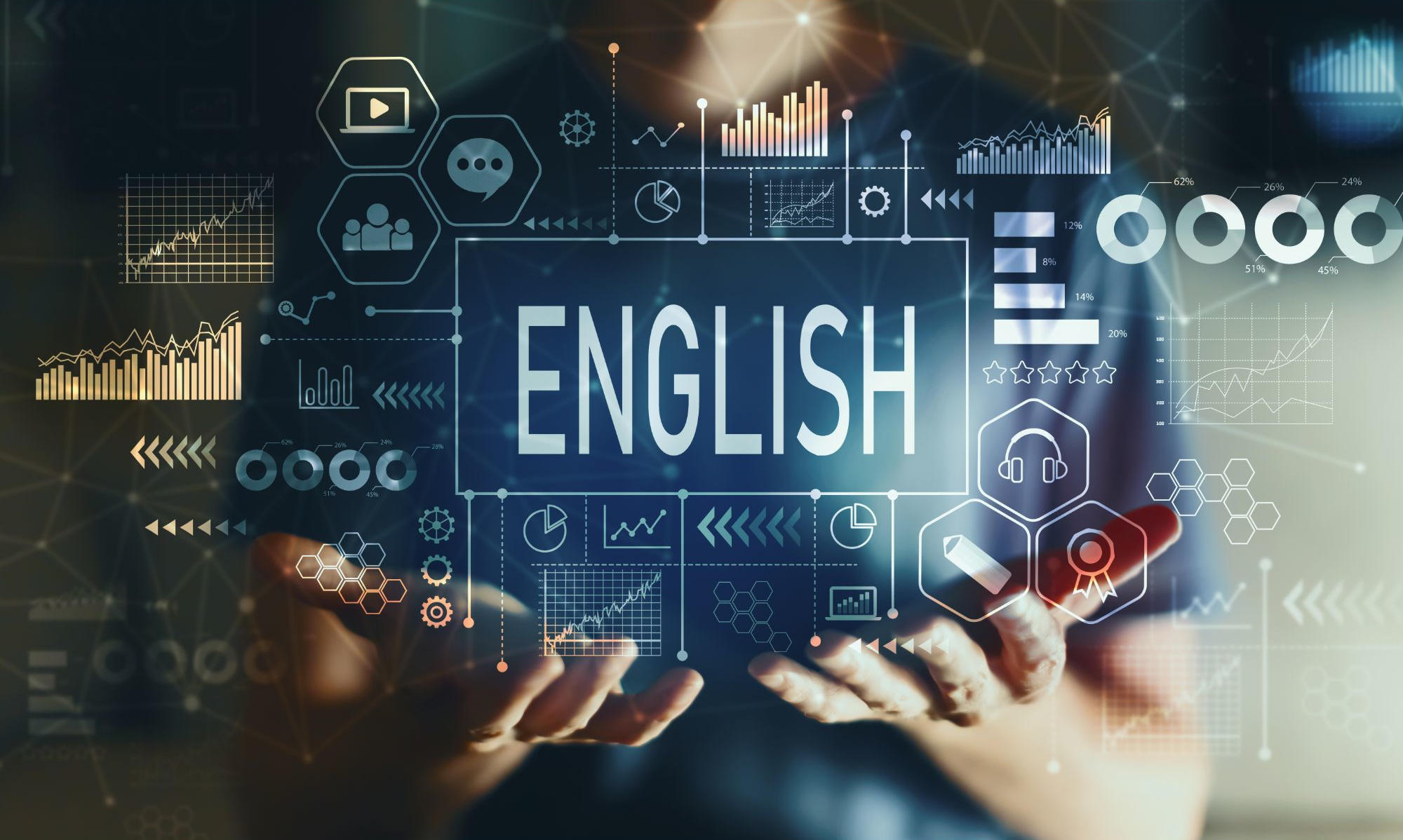[ad_1]

A examine reveals that language associated to “enchancment” is extra intently aligned with addition somewhat than subtraction, doubtlessly resulting in overcomplicated options. This addition bias is deeply embedded within the English language and might negatively influence decision-making, as folks could favor including extra layers or parts as a substitute of simplifying.
A brand new examine reveals {that a} linguistic bias within the English language, which inspires us to “enhance” issues by including to them somewhat than subtracting, is so widespread that it has even been ingrained in AI chatbots.
Language that offers with the concept of “enchancment” is usually related extra with enhancement, somewhat than discount. This could immediate us to take actions that unnecessarily complicate the issues we goal to reinforce.
A global analysis group from the Universities of Birmingham, Glasgow, Potsdam, and Northumbria College has revealed a examine within the journal Cognitive Science detailing their findings.
Dr. Bodo Winter, Affiliate Professor in Cognitive Linguistics on the
The research also finds that other verbs of change like ‘to change’, ‘to modify’, ‘to revise’ or ‘to enhance’ behave in a similar way, and if this linguistic addition bias is left unchecked, it can make things worse, rather than improve them. For example, improving by adding rather than subtracting can make bureaucracy become excessive.
This bias works in reverse as well. Addition-related words are more frequent and more positive in ‘improvement’ contexts rather than subtraction-related words, meaning this addition bias is found at multiple levels of English language structure and use.
The bias is so ingrained that even AI chatbots have it built in. The researchers asked GPT-3, the predecessor of ChatGPT, what it thought of the word ‘add’. It replied: “The word ‘add’ is a positive word. Adding something to something else usually makes it better. For example, if you add sugar to your coffee, it will probably taste better. If you add a new friend to your life, you will probably be happier.”
Dr. Winter concludes: “The positive addition bias in the English language is something we should all be aware of. It can influence our decisions and mean we are pre-disposed to add more layers, more levels, more things when in fact we might actually benefit from removing or simplifying.
“Maybe next time we are asked at work, or in life, to come up with suggestions on how to make improvements, we should take a second to consider our choices for a bit longer.”
Reference: “More is better: language statistics are biased towards addition” by B. Winter, M. H. Fischer, C. Scheepers and A. Myachykov, 3 April 2023, Cognitive Science.
DOI: 10.1111/cogs.13254

